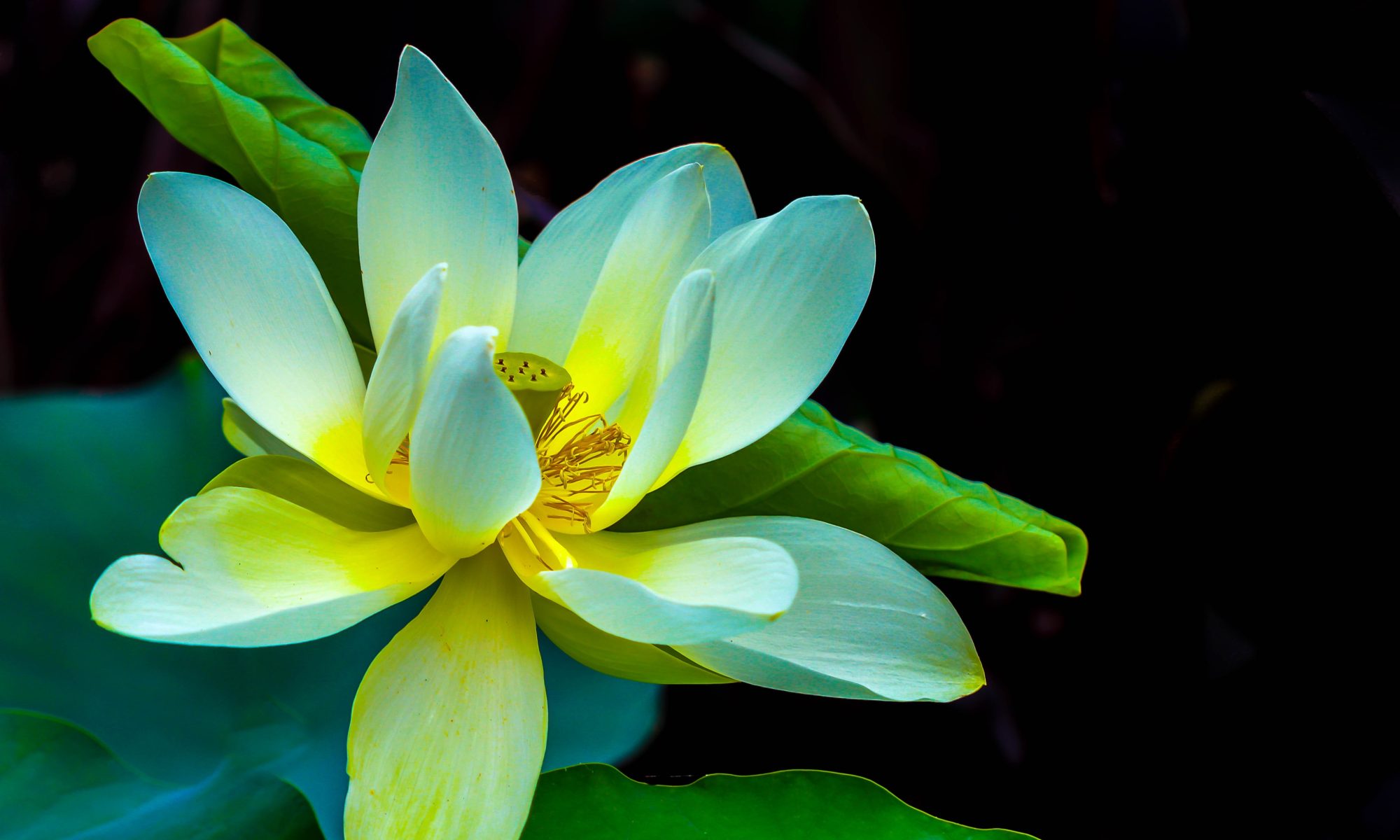Dear Kalyanamittas,
Below are the audio links to our last Sunday (22July2018) Christina’s House Dana recording for sharing by all. Please do listen to the sharing which was very good.
Also enclosed are the outline short notes where the draft was prepared by Sister Mun Yuen for my editing:
Outline short notes for Sister Christina Koh’s House Dana dated 22 July 2018
1. Brother Teoh re explained the significance of having such monthly house danafor the benefits of Kalyanamittas who are new. This house dana will provide the occasion and opportunity for Kalyanamittas to perform the following wholesomeness: kalyanamittas get to perform all the 10 meritorious deeds, help generate more understanding and build spiritual wealth via doing the puja chanting, paying respect, renewing precepts, cultivate generosity, making aspiration by invoking power of merits, sharing and transference of merits, rejoicing, listening to the Dharma, straightening of one’s views, provision of services to sasana and the Buddhist communities and meditation (sitting in silent).
2. Above house dana activities can also pave the way for Kalyanamittas to perform dana and have good and meaningful fellowship thereby helping them to receive more motivation from each other to grow their cultivation.
3. There are 3 levels of dana parami: i) the give of materialistic wealth or possessions; ii) The give of life and iii) the give of truth to overcome fear and suffering.
4. Brother Teoh relates Sister Poh Lian’s experience with a snatch thief (20 years ago). He also relates a very good story on how he was able to use the dharma to help his own youngest brother to turn his life around for the better. These stories were meant to highlight the workings of the Nature’s Law of karma and how to apply dharma to good use in daily life. We need to apply the living Dharma to improve our life and be a blessing to all or it will be wasted – just remain as a knowledge if we can’t apply it in life.
5. The gift of Truth is the highest gift as it has the power to change a person. It has the potential to completely root out delusion and karmic negativity until there is no more suffering and the transformed being will not commit anymore karmic negativities. He will also has the condition to help others thereby improving the world consciousness. To improve our life is very easy, we just need to apply the Dharma to take care of our Karma. Once this is done, we will receive a lot ofblessings and wholesomeness following the law of karma. It is not due to luck.
6. Sister Christina shares how Dharma helped her when she was experiencing a turbulent period in her life and also her daughter’s recent success in securing an unexpected scholarship for her university course.
7. When we do not understand the noble truths (dependent on ignorant) our mind will stir and become heedless. We will be affected by our wrong thoughts and become emotional [having either negative craving (ill will) or positive craving(sensual desire)]. These are the first two mental hindrances of mind.
8. If we think or recall via memory a fearful thing, we will be fearful. Without wisdom, we will re-act to sense experiences. With wisdom, we will not. Straightening of our views can helps us develop wisdom.
9. If we have the spiritual faculties, we will be able to insight into phenomena to arise the wisdom needed for us to accept things via seeing things as they are.
10. With Samadhi in place, the mind is collected and unwavering, then we will be able to see things as they are, leading to wisdom to accept the reality of the moment.
11. Question from a lady on why her daughter cries (during earlier part of her life) and shouts at her staff when stressed. Brother Teoh explained that we all can know the world through our 6 sense doors. When the mind makes contact with the 6 senses, we can become conscious of what we see, hear, smell and taste etc. Initially it is just the pure consciousness with nobody there to see, hear, smell or taste, etc. However, human beings with delusion will straight away associate themselves with the seeing via their conditioned perception thereby arising the self-delusion. She needs to understand why she re-acts in such a way. It is mainly karmic in nature. If it is a perception problem (due to her own wrong thoughts borne of delusion), then she just needs to develop the wisdom to accept thereality of the moment, i.e. do not insist on wanting things your way which is not nature’s way. Or, she can continue to re-act and become miserable via believing her own wrong thoughts.
Only wisdom frees the mind. A calm mind with clarity can help us make better decision in life.
Bye! and with metta always,
Teoh
From: Bro. Tune
Christina’s House Dana sharing on Sunday (22July2018) is ready for download. Part 2 of the sharing starts at 1:44:
or at:
|
|
www.dropbox.com
Shared with Dropbox
|
